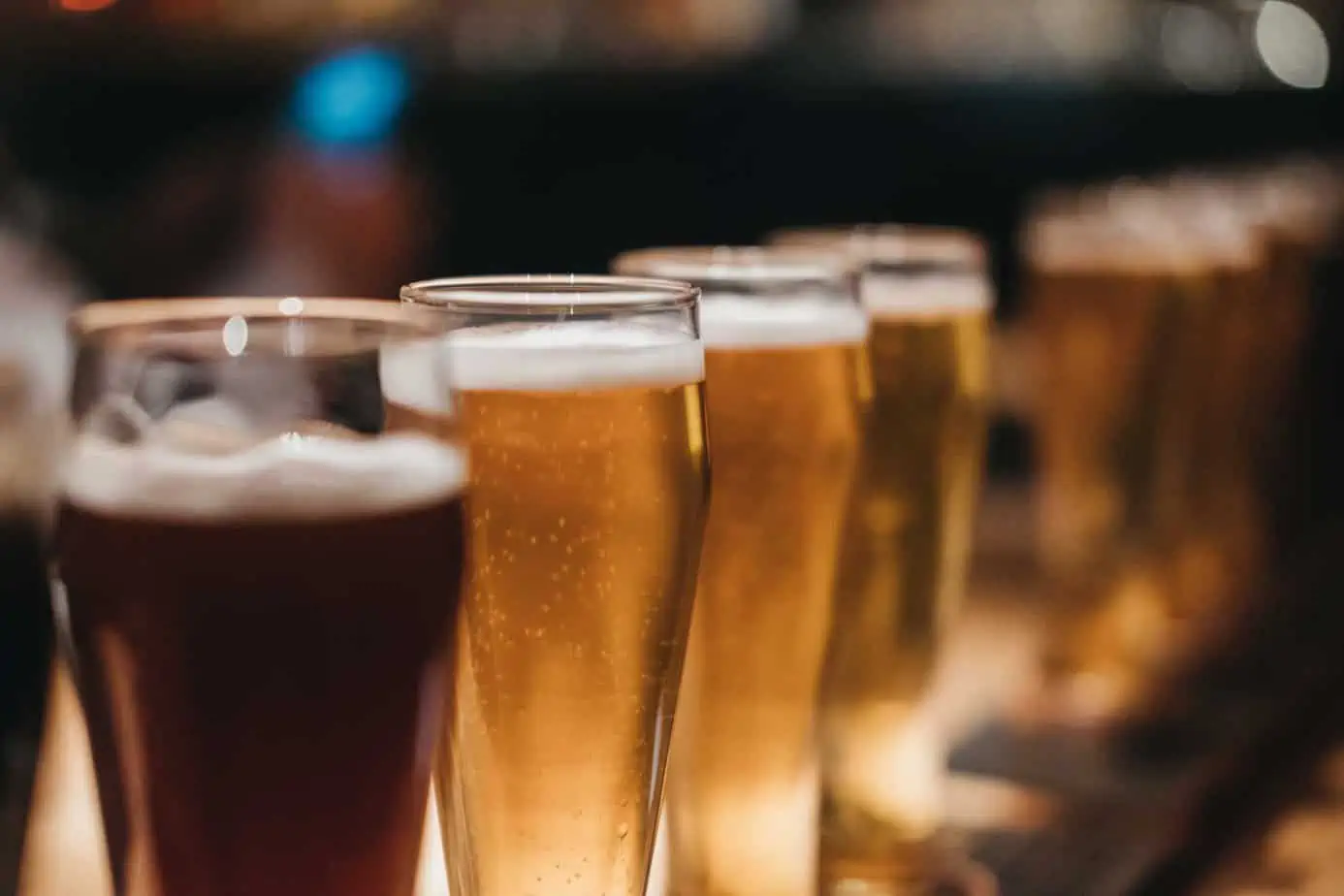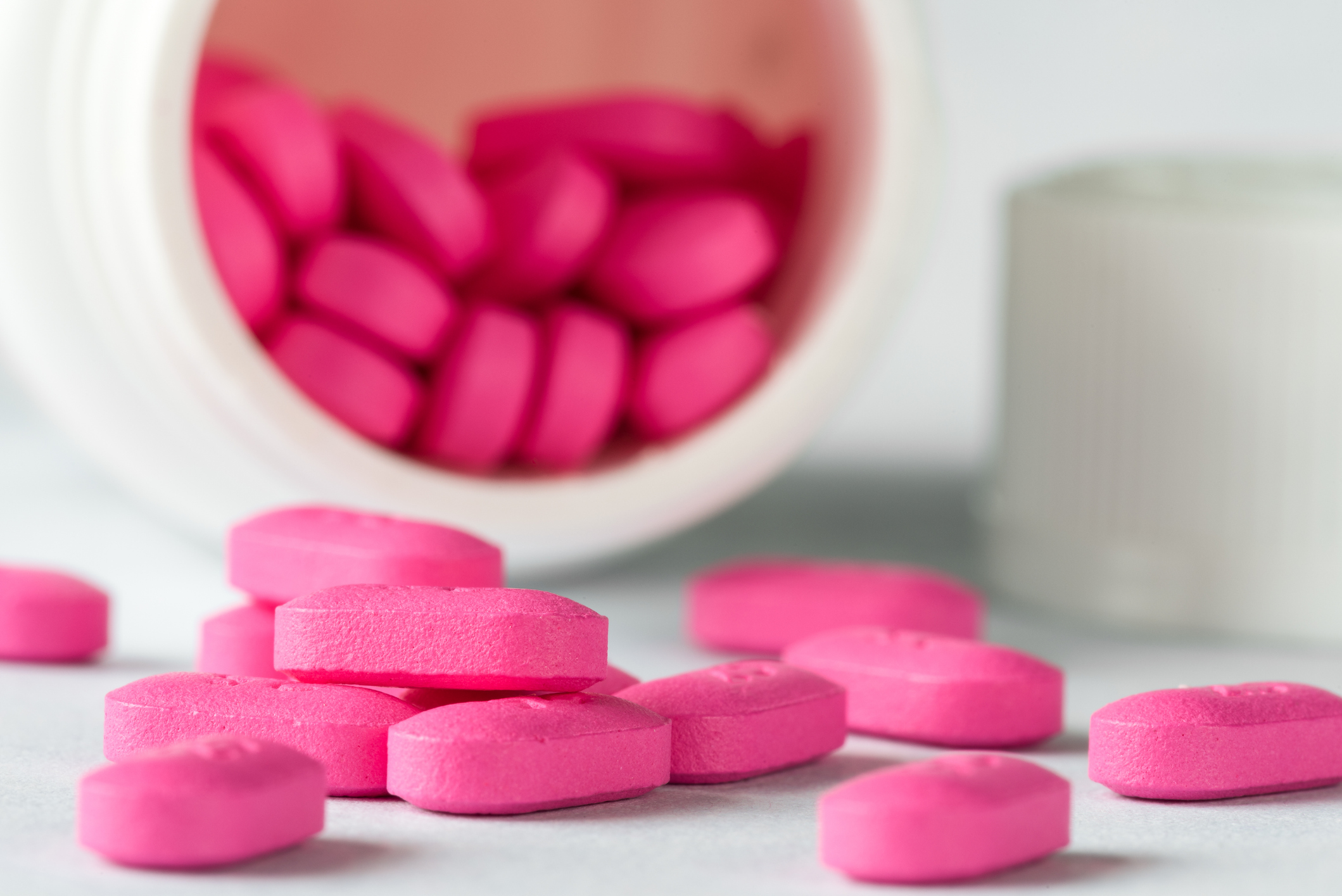Alcohol is prevalent in American culture ⎼ liquor companies sponsor most music and sporting events, cold beers are synonymous with summer barbeques, wine is a staple at Thanksgiving dinner, and champagne is present at nearly every celebration. In general, America enjoys drinking. And because drinking alcohol is seen as socially acceptable, the spike in alcohol consumption over the last two decades has gone mostly unnoticed. More and more Americans are drinking themselves to death faster than ever before.
Alcohol-Related Deaths
According to the CDC, excessive drinking leads to 88,000 deaths each year, accounting for 1 in 10 deaths among adults ages 20 to 64. While the highest amount of alcohol-related deaths occur among individuals ages 50 to 64, an increasing number of millennials are dying from alcohol-related liver diseases like cirrhosis.
In the last two decades:
- Overall liver cancer deaths have increased by 118 percent
- Overall cirrhosis deaths have increased by 65 percent
- Cirrhosis deaths have increased by 11 percent among those ages 25 to 34
While the effects that alcohol has on the body vary by individual, fatty liver disease occurs in roughly 90 percent of heavy drinkers. If left untreated, it can cause more severe conditions such as alcoholic hepatitis and cirrhosis. According to studies, men who consume more than four drinks per day and women who consume more than three drinks per day significantly increase their risk of developing cirrhosis, which can be deadly.
Alcohol: America’s Silent Killer
It is common knowledge that consuming alcohol is not good for you, but many individuals are unaware of how dangerous alcohol can truly be and just how rapidly one can spiral into alcoholism. Brenda Padgett’s daughter, Ashley, was 32 when alcohol took her life. Ashley had been drinking for five years. Her family thought she had time to get better.
Ashley’s mother recalls, “I used to think to myself: Well, thank God she isn’t on heroin or something like that. Fact is, the bottle is a loaded weapon, just like a loaded syringe is. You never know when the drink you take may take your life.”
Because alcohol is legal, many Americans consider it less harmful than illicit drugs. Wine mom culture is seen as normal, binge drinking is thought of as part of the college experience, and alcohol is often a go-to method of stress management. So, it is no surprise that when individuals start consuming heavy amounts of alcohol, most don’t spot the red flags until it is too late.
Recognizing Alcoholism
Accepting that you are dependent on alcohol is not easy. Many feel shame over their drinking and choose to ignore the problem. Others downplay the effects of their alcoholism. Some, such as functioning alcoholics, can lead seemingly normal lives and find it easy to deny their problem drinking. And while the stigma that surrounds addiction and recovery can make it challenging to seek help, signs of alcoholism should never be ignored.
If you think you may have a problem with alcohol, ask yourself:
- Do you often drink more than you had intended?
- Have you tried to cut down or stop drinking but couldn’t?
- Do you spend a lot of your time drinking?
- Do you constantly think about your next drink?
- Does alcohol interfere with your job or family obligations?
- Have you given up activities you cared about in order to drink?
- Is alcohol causing you to feel anxious or depressed?
- Has your alcohol tolerance increased?
- Do you experience withdrawal effects such as nausea, sweating, restlessness, or trouble sleeping when you go without a drink?
If you answered “yes” to any of these questions, you may be struggling with alcohol dependence and should seek help. Don’t wait for “rock bottom,” as that may be too late. Alcohol is an extremely addictive substance, and it begins causing damage to the body almost immediately. It alters the brain’s reward system, causing it to crave more and more alcohol. The hold that alcohol has on the body is so strong that heavy drinkers can begin experiencing withdrawal symptoms as early as two hours after their last drink. These symptoms are so severe that alcohol is considered one of the most dangerous substances to detox from. Recovering from alcoholism isn’t easy, but it is possible.
If you or a loved one is struggling with addiction, Mountainside can help.
Click here or call (888) 833-4676 to speak with one of our addiction treatment experts.

 By
By 





